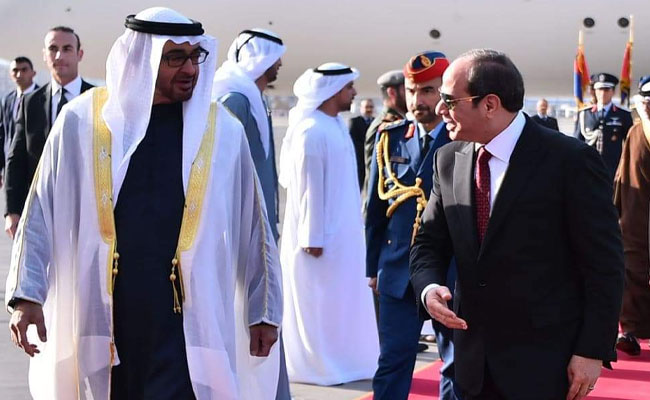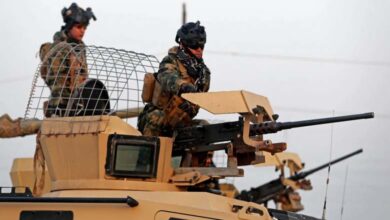Do Egypt and the United Arab Emirates hold the key to resolving the Sudanese crisis?

All warring factions in Sudan have rejected all ceasefire attempts mediated by Saudi Arabia and the United States in order to end the ongoing conflict that has been threatening the country with an unprecedented humanitarian catastrophe for nearly two months.
The Key to the Solution
According to the British newspaper “Telegraph,” it appears that neither faction has the intention to resolve the crisis in the near future. Observers believe that the presence of some of the most important regional players in the Middle East, including Egypt and the United Arab Emirates, in the talks could be the secret key to progress. Both countries possess extremely powerful diplomatic tools that have successfully resolved many regional crises in the past.
After two months of war, the third-largest country in Africa with a population of approximately 49 million people, including nearly two million who have already fled their homes, is being pushed towards a deeper humanitarian crisis. Its farmers are at risk of failure, and humanitarian aid is unable to reach many of those in need. Large areas of the capital and western Sudan have turned into a war zone.
Powerful Diplomatic Tools
Mahdi Al-Jazouli, an analyst at the Rift Valley Institute, said, “No one will negotiate seriously until they feel that the military balance is no longer fluid, as the internal dynamics of this war go beyond what an external actor can influence.”
According to the American news agency “Associated Press,” following the end of the latest 24-hour ceasefire, the residents of Khartoum and the capital faced renewed shelling and clashes. The United States and Saudi Arabia mediated talks in the Saudi coastal city of Jeddah, but every temporary ceasefire has been violated so far, despite both sides claiming to be committed to negotiations, and despite US sanctions.
Informed diplomats involved in the talks stated that the Jeddah process was partially hindered by the absence of key players, including Egypt and the United Arab Emirates. Both countries possess powerful and influential negotiation and diplomatic tools in the region, and they have successfully resolved many previous regional issues.
An international diplomat based in Cairo stated, “The new forum led by the African Union aims to involve Arab and African countries in the process, including Egypt and the United Arab Emirates, although it is unclear whether either country is prepared to mediate in the crisis.”
The American agency emphasized that the war threatens to tear apart the Sudanese state and destabilize the region after four years of a popular uprising that toppled Omar al-Bashir and brought hopes for democratic change after decades of dictatorship, sanctions, and internal conflicts.
Residents claim that the absence of authorities fuels anger on the ground in the capital, further increasing the sense that those who remained have been abandoned.
Meanwhile, residents in the capital, who are already suffering from rampant looting, food, medicine, and fuel shortages, find themselves more vulnerable to the fighting that has spilled over into densely populated areas, and the death toll could reach thousands. Despite the deployment of security forces throughout the country and the closure of many hospitals, it is difficult to ascertain precise figures.












